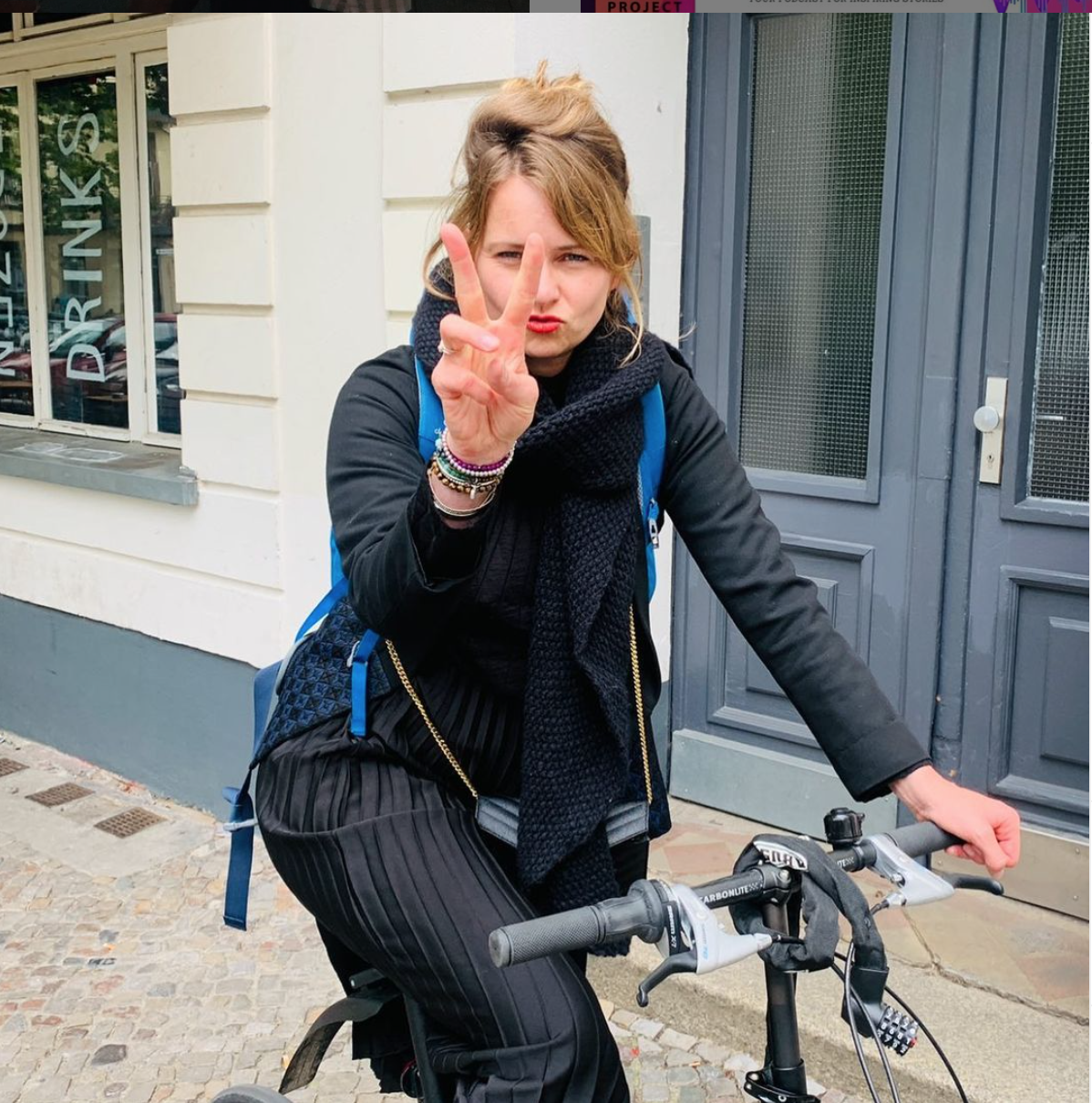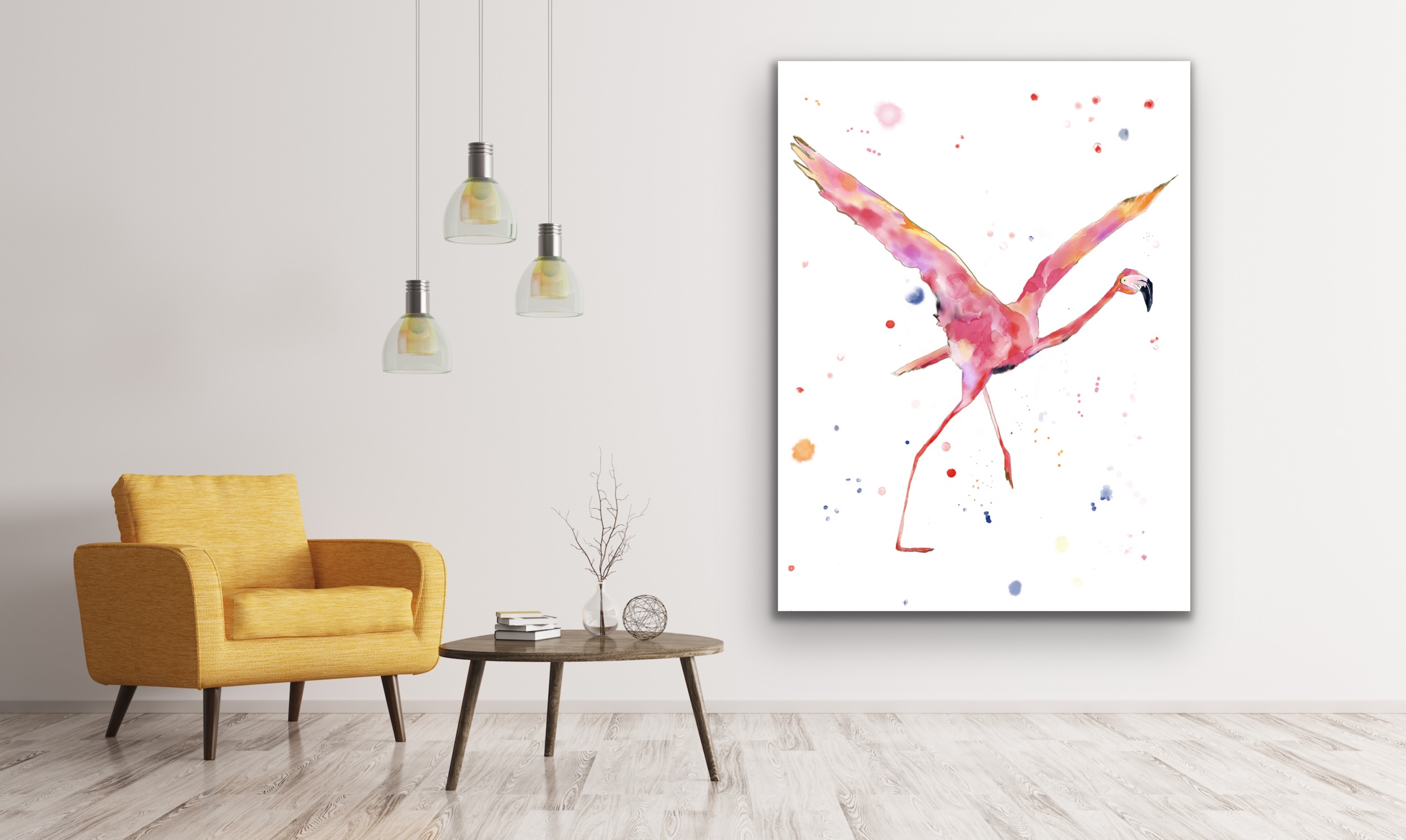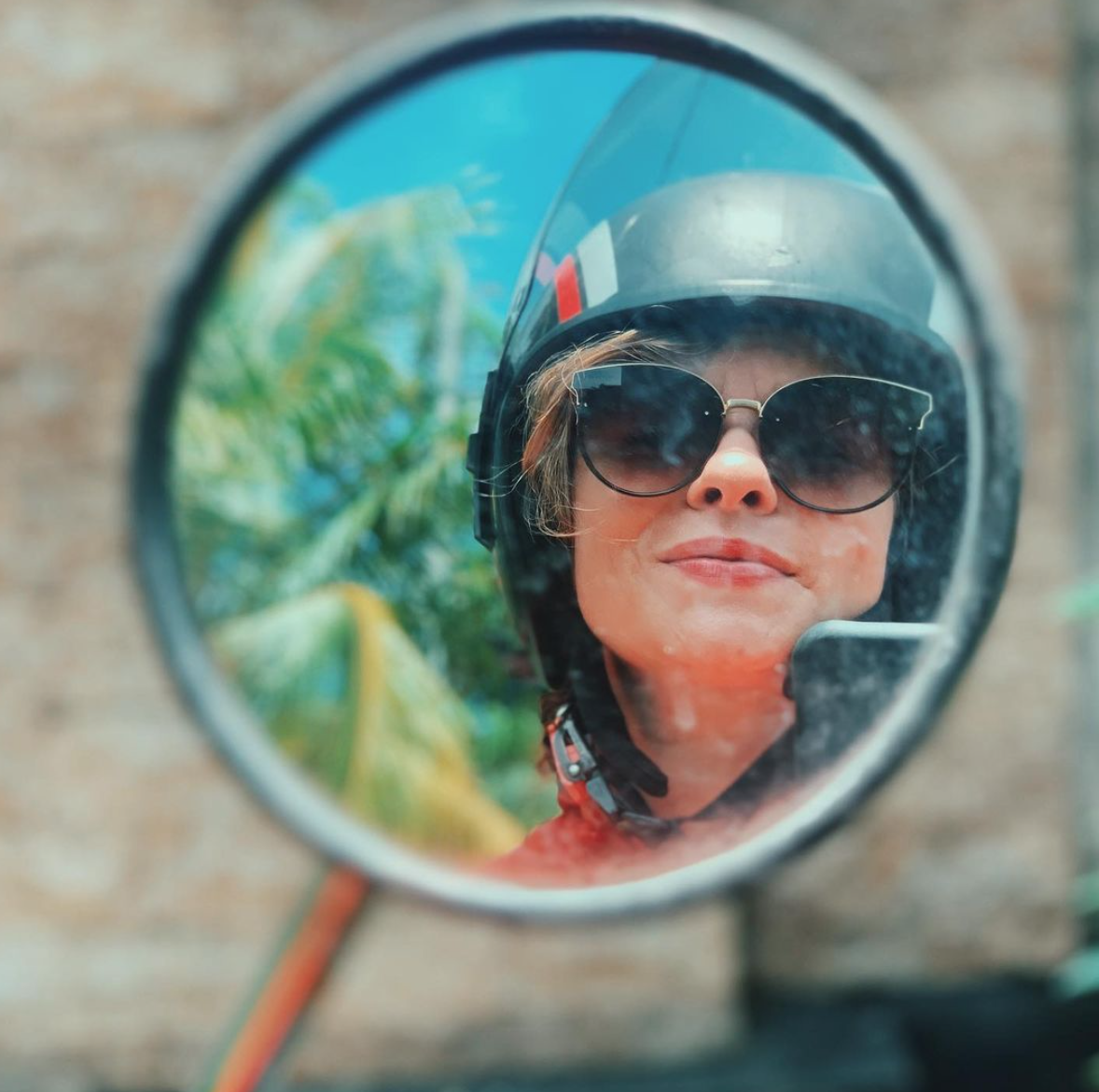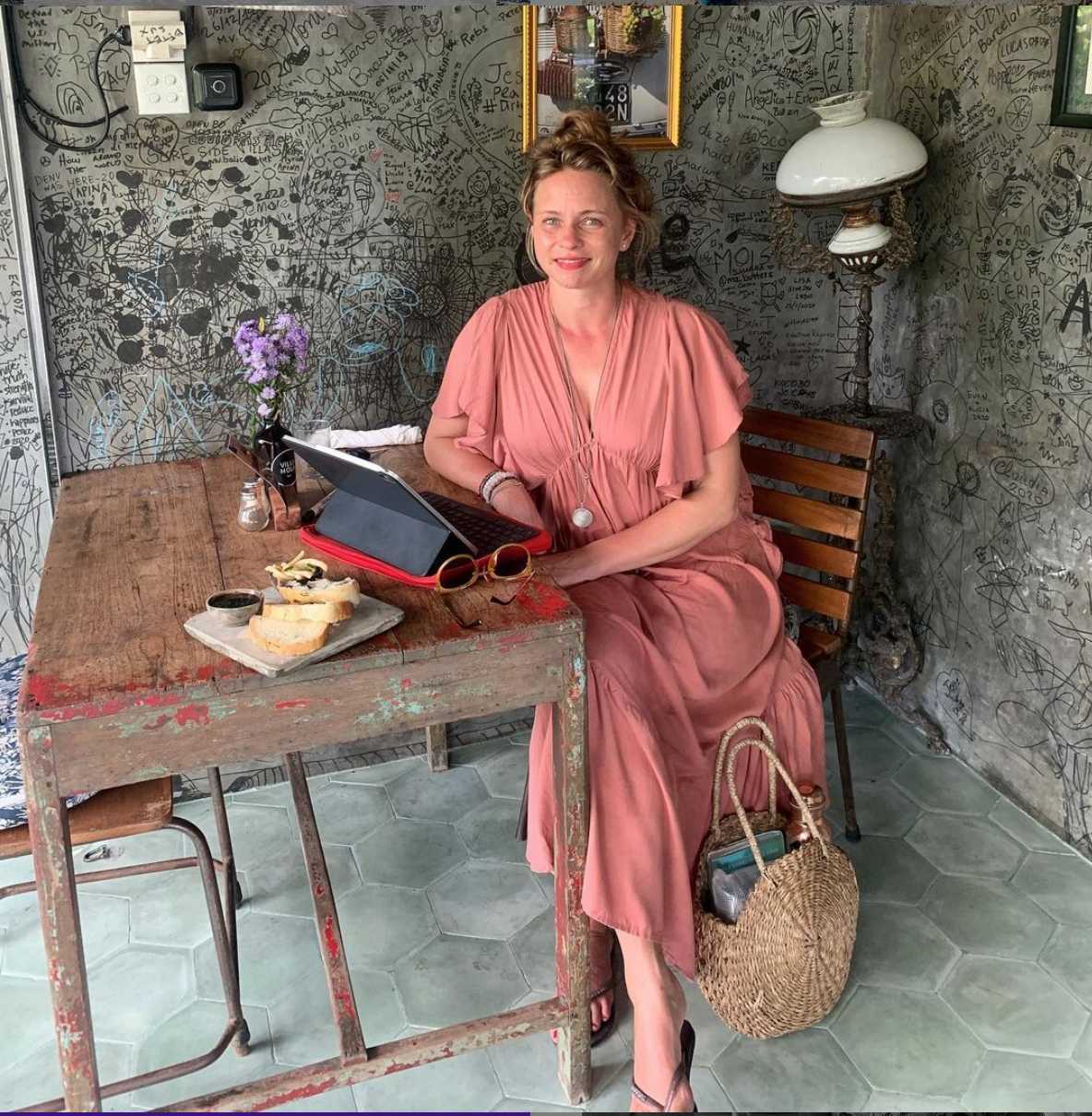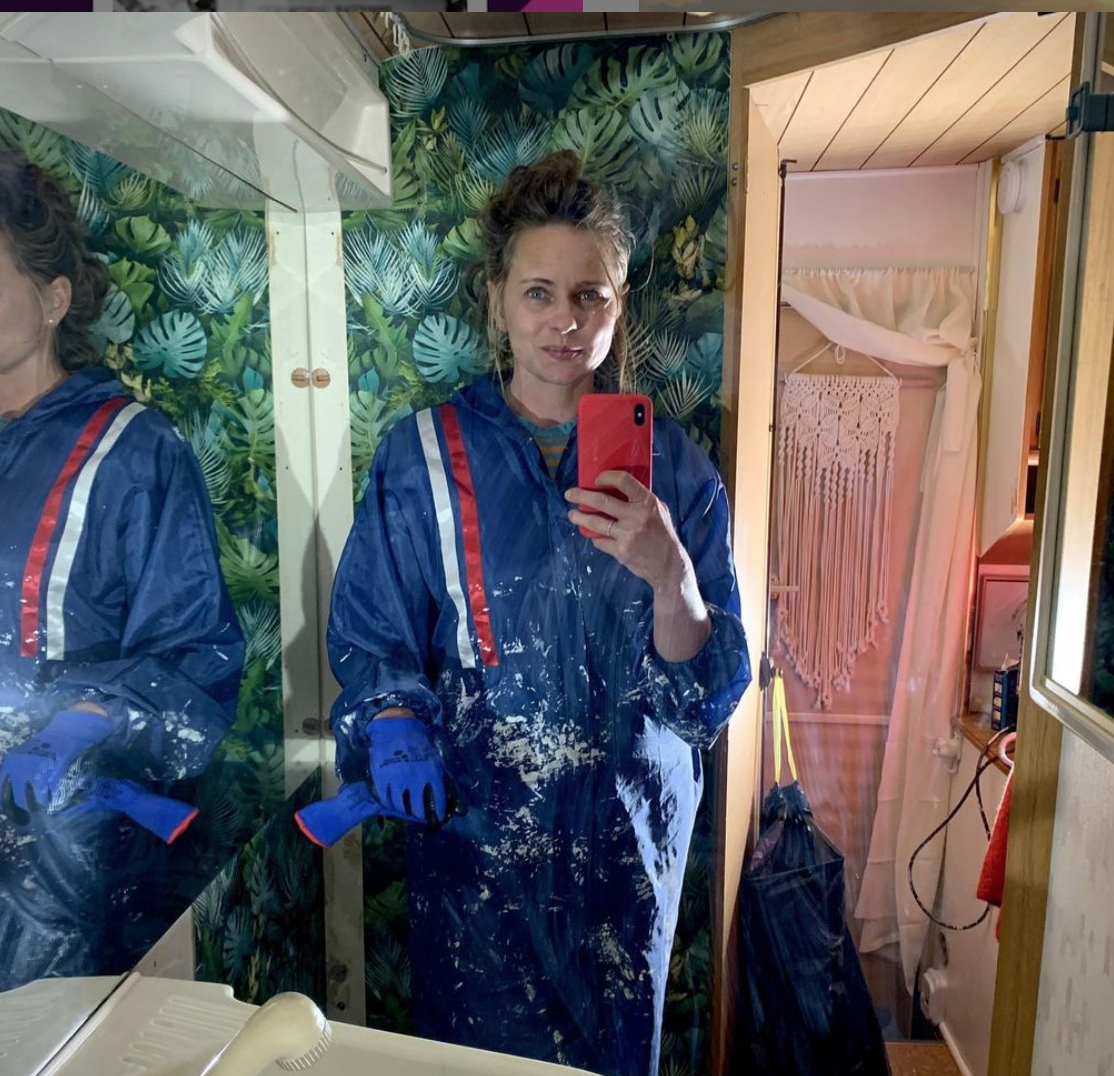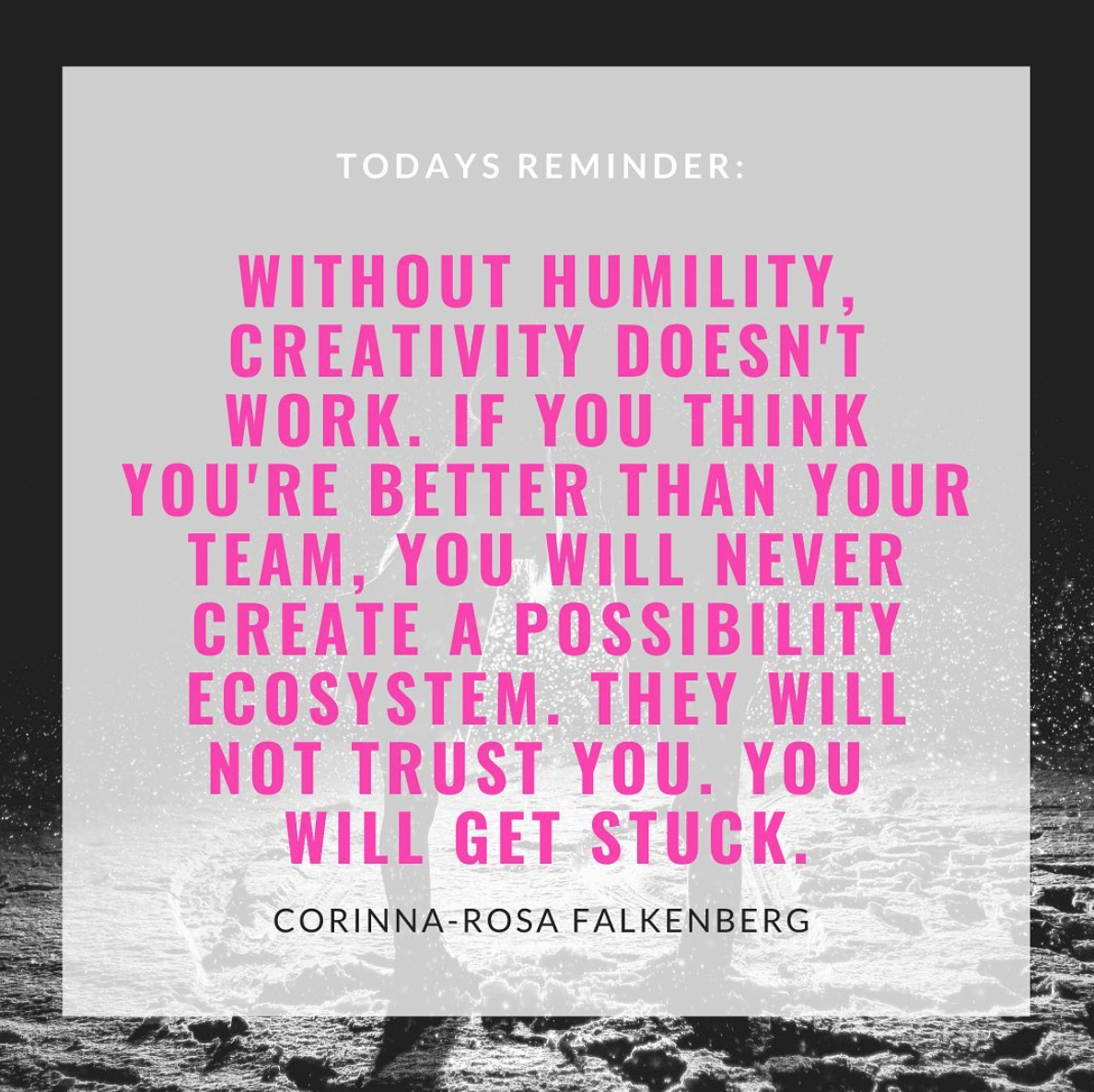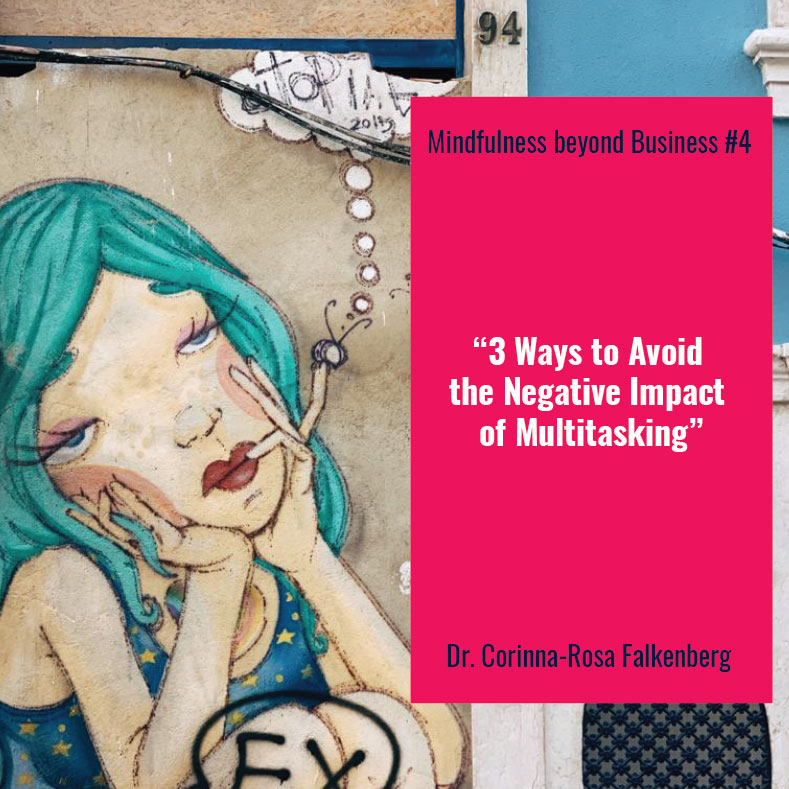☆ ABOUT GENDER DIFFERENCE: COMPETITION
Just recently, I was speaking with my (female) friends about one key difference between men and women: competition.
–
I find it not as common to support each other between women as I can see it happen between men.
–
My perspective of the world is also marked from years of investment banking and more than a decade of M&A business leadership: both areas with male predominance.
–
When I have started to work in this field, more than 15 years ago, women were rare. The financial sector was a typical playing field for men.
–
Those few women – interesting enough – were not creating coming solid ground in the sense of supporting each other, providing business opportunities for each other or exchanging best practices experiences. Nope – at least in Germany where I worked – on the contrary: they largely saw each other as competitors.
–
Years have gone by, more women are working in the financial business but still: I miss the cooperation. Men are doing better here, that’s at least my view.
–
Just have a look how they do business: one usual key factor of success for men is to go have a drink after meeting / office time with their potential business partners – and schwups: the deal is closed in between two beers.
–
Difficult to get in as a woman. But possible.
–
What I want to suggest?
–
I d love to more follow the idea that in particular we women should not view ourselves as competitors. It would be gorgeous to see a female counterpart who has a great idea, another beautiful skill or a smart solution simply as a mentor for ourselves. Someone who initiate a chance to grow within us.
–
Train your mind and make sure YOU manage your mind and he not you. Become creative when it comes to how to play the game of life.
–
And please my dear female friends here: let’s support other women – lift them up instead of down. To strengthen women’s right and life positions was always one key element for me and a major factor to become a lawyer.

